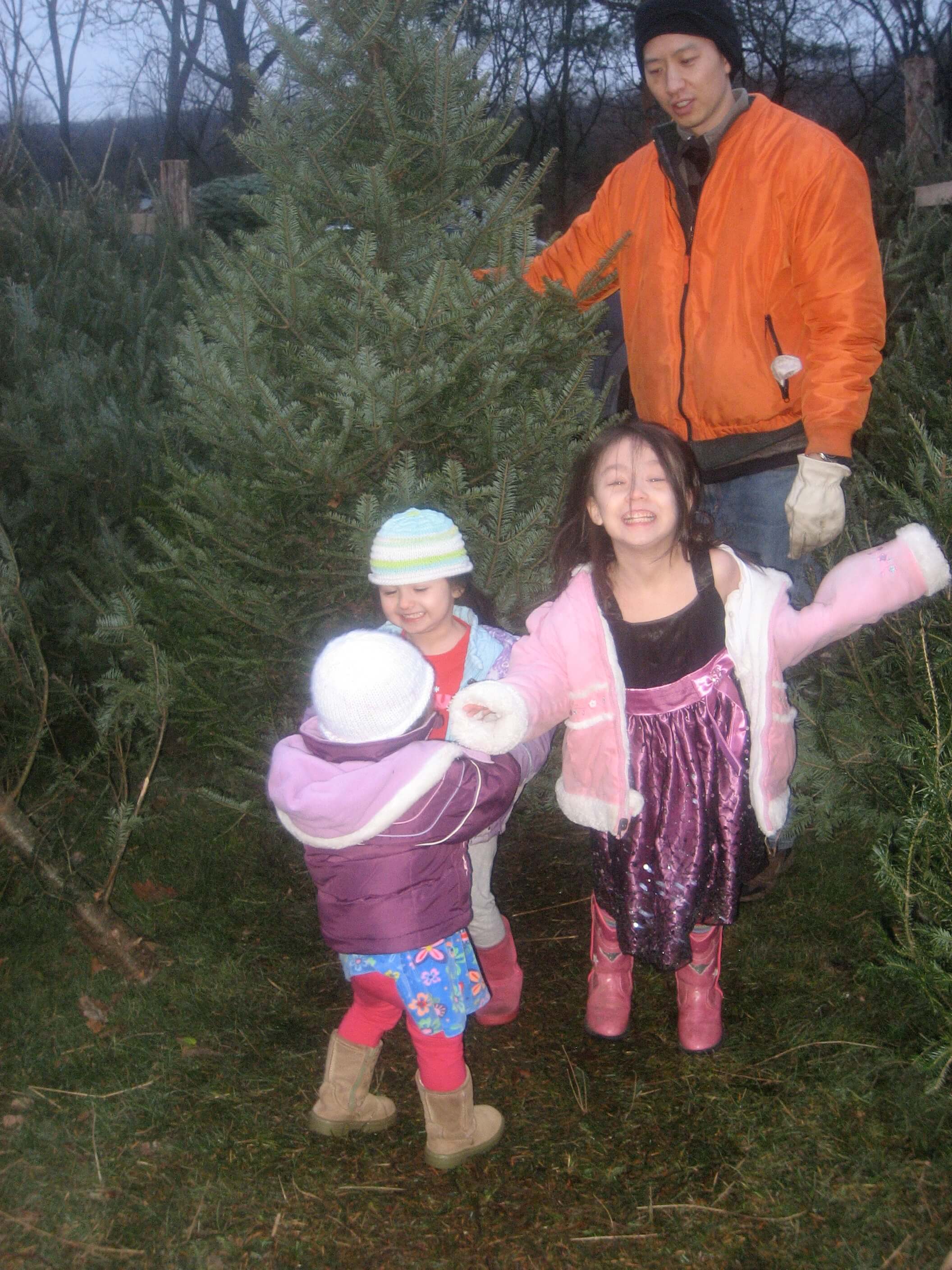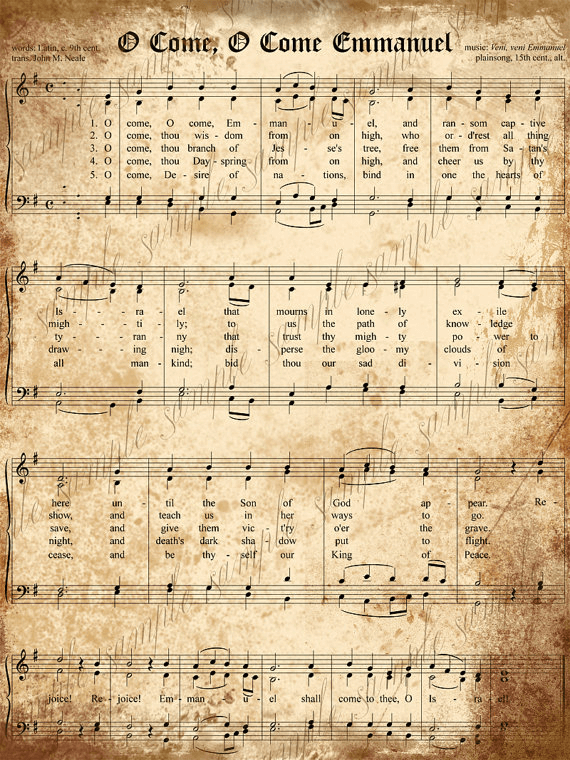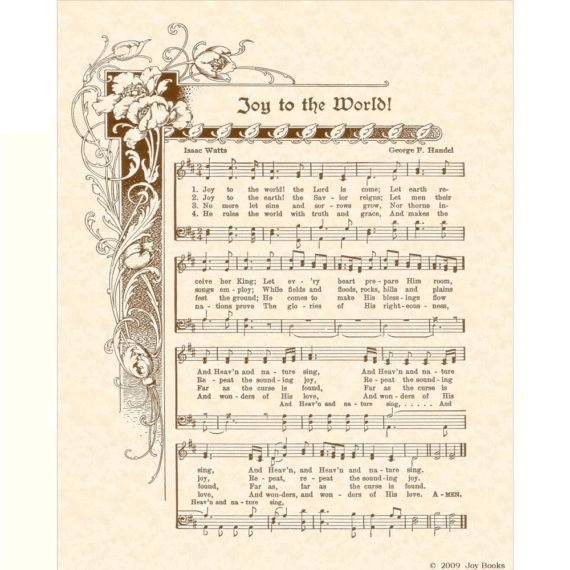On New Year’s Day we are baring it all, with Darling Magazine’s Beauty Revolution. If you haven’t already caught the buzz on this Facebook event promoting real beauty, check it out. Join us and the many women that will be “getting naked” (we’re talking bare faces) on their Facebook pages on January 1st to confront our cultural view of women and its implications on our daily thoughts and relationships.
Season of Joy and Mourning
Unwrapping Christmas ornaments is beginning to develop its own heavy weight of nostalgia in our house. After seven and a half years of marriage and two children, every quirky figurine we hang on the tree is intrinsically attached to a memory. My fingers outline tiny handprints on paper—hands that will never be that small again. My eyes sting, looking at the once much rounder face of my son pictured in a little frame from two years ago. I watch my two year old marvel at the Christmas tree lights and it hurts just a little, remembering how my six year old once did that, standing before the glittering giant in his footy pajamas.
This season is most dear to me of all seasons. As soon as the wind chills and the leaves are falling on the lawn, my heart warms up. I free my boots from their dark prison in the closet and begin to choose outfits based on scarves. I wait with anticipation for my favorite foods to pop up at the stores. The holidays bring so much joy, but they are tinged with a kind of mourning.
More than the Christmases that have come and gone, I’ve found myself marveling more this year. We have snuggled up to watch a movie instead of meeting up with friends. We have made pancakes in the shape of animals instead of cleaning the house. I have kissed my husband more, and we have laughed, holding the blankets up for our little boys to crawl into our bed, breaking the rules and letting them sleep with us again and again. Joel and I look at each other over their sleeping heads between us and say in our heads what both of us are thinking: tonight will never come again.
There is a bustling and busyness that comes with this season, but it didn’t quite come through our door this year. We are still busy, and our schedules are still full, but somehow we have managed to savor the smell of cedar in our house and the little cold, red noses on the faces of our boys. I have become so aware of how time slips away from us. No matter how tightly I hold onto it, no matter how much I try to make things stay the same, change is waiting for our family around every bend. Beyond every wonderful memory, our path changes direction ever so slightly and takes us from that single moment to the place of “remembering”.
Although I am enjoying the revelation here and now, I will need reminding as that path winds. I will need reminding when I have a paper due or laundry to wash and Ethan asks me to play chess with him or Josiah stands at the back door, longing to go out and play in the dirt with me. I will have to call back this truth as it sneaks away, knowing that next year, my son will be taller, standing at that door.
This year I want to look out the window while I sit at the dining table and drink my coffee in the mornings, instead of check my email. I want to take a rare free afternoon and drive up to the mountains with my family and watch the snow fall. I want to teach myself to breathe again, to marvel, and give myself the chance to remember the way my husband looks when he is cooking or the way Ethan’s smile gets crooked when he is embarrassed.
In a few days, when we are packing up the garlands and banners, we will try not to lose this peace. I will get that same lump in my throat, carefully wrapping each ornament in tissue paper and closing up the box. And I will say thank you again for the gentle and loving reminder to live in this life that God has given me.
Carols of Christmas: O Come, O Come, Emmanuel
“O Come, O Come Emmanuel”
O come, o come, Emmanuel,
And ransom captive Israel,
That mourns in lonely exile here
Until the Son of God appear.
Chorus:
Rejoice! Rejoice! Emmanuel
Shall come to thee, O Israel.
O come, thou rod of Jesse, free
Thine own from Satan’s tyranny;
From depths of hell they people save
And give them vict’ry o’er the grave
Chorus
O come, O Dayspring, come and cheer
Our spirits by thine advent here;
And drive away the shades of night
And pierce the clouds and bring us light.
Chorus
O come, Though Key of David, come
And open wide our heavenly home
Make safe the way that leads on high
And close the path to misery.
Chorus
O come, O come, Adonai,
Who in thy glorious majesty
From Sinai’s mountain, clothes in awe,
Gavest they folk the elder law
Chorus
“O Come, O Come Emmanuel”* dates back to the ninth century, although we don’t actually know who wrote it or precisely when it was written. We can speculate that it was written by a monk or priest prior to 800 A.D. and it is the oldest Christmas carol still sung today.
Originally penned in Latin, each of the seven verses were sung in churches and monasteries over one week of Advent, leading up to Christmas day. Each verse was representative of a different biblical perspective of the Messiah: why He came to the earth, who He was, and what He represented. It was extremely popular in the Medieval Ages because it was one of the few ways that a very illiterate society heard the full story of how the Old and New Testament accounts of the Messiah came together in the birth of Christ.
In 1818, a brilliant man, fluent in over twenty languages, and who was too radical for the Anglican church, was sent to the Madiera Islands off the coast of Africa to keep him quiet and let him do the work of God there. His name was Mason Neale. He set up an orphanage, a girls’ school, and a refuge for prostitutes. He also found the Latin chant called “O Come, O Come Emmanuel” in a little book during his hours and hours of studies, and translated it into English. The tune that went with this translation had been used with it for years. It was called “Veni Emmanuel” and it originated in the fifteenth century from French Franciscan nuns living in Portugal.
The English translation along with the “Veni Emmanuel” melody was first published together in 1850 in England. It was cut down to five verses and spread quickly in popularity over Europe and America. But much of the meaning of the song seemed to be lost over the years. Since the richness of lyrics were the primary interest of the author and translator, it seems only fitting that we strive to understand the depth of the meaning behind the words.
Isaiah 7:14 and Matthew 1:23 set the stage for the first verse of the song. With Israel as the symbol for the Christian world which has been held captive by sin, Emmanuel is introduced: “God with us”.
Isaiah 11 is where “O come, thou rod of Jesse, free” comes from. The rod is a representation of Christ, who alone can conquer Satan and bring eternal life.
Malachi 4:2 says, “The sun of righteousness will rise with healing in its wings.” This is where the concept of the morning star comes from, which is what “O come, O Dayspring, come and cheer” alludes to. This verse in the song proclaims that the Savior will bring justice, honesty and truth, and He will cast out darkness.
“O come, thou key of David” references Isaiah 22:22. It’s about a newborn King who holds the key to the kingdom of God, and He provides the only way to get in.
This song, reverent and profound, eerie, ancient, and beautiful, is my favorite this year. I thank God for inspiring a theology scholar hundreds of years ago to write it, and for preserving it for us to sing today.
*Facts in this article come from a little book called Stories Behind the Best-Loved Songs of Christmas by Ace Collins, pgs. 126-131
Great Expectations
A version of this essay originally appeared as “Let Go, Breathe, Repeat” in The Pickle Patch on December 14, 2011.

If there’s one thing that being the mother of three young children is constantly re-teaching me, it’s to let go of my expectations. And if there’s one time of year that’s particularly loaded with expectations, it’s Christmas. You know: sleigh rides through snowy fields, sipping cocoa by a roaring fire, the whole family decorating the Christmas tree and gathering around a perfect holiday feast.
In contrast to the warm glow of those Norman Rockwell-style expectations, here are a few scenes from last year’s Christmas season:
1) I sat the girls down to sponge-paint gift cards, and instead of neatly dipping the sponge pieces in the paint, my middle child dug in with both hands and SMEARED, until she and the cards were completely covered. Then, of course, her sisters followed suit. I vented my frustration and disappointment because I wanted these to look NICE! And my oldest girl stared at me and said, “But Mommy, they DO look nice!” You know what? She was right.
2) Our whole family spent three weeks in December spreading around a stomach bug and a disgusting upper respiratory thing. But you know what? It forced us to slow down and hang around the house more, and I just had to relax about the cleaning.
3) We went to Middlebury College’s “Lessons and Carols” service, and the two girls next to us who were the SAME AGES as our oldest girls sat quietly, while our daughters squirmed so much that we had to leave after ten minutes. On the way back to the car, my oldest daughter picked up a huge frozen chunk of snow, dropped it on my foot, and broke my toe. And you know what? I’m not so sure what I learned from this other than that our girls aren’t yet ready for serious musical performances, and that it’s no good comparing your kids to others (how many times will I need to relearn THAT?). But my daughter learned that snowballs you pick up are definitely harder than those you make.
Then there was the perpetually-tilting Christmas tree, the rushed Christmas dinner punctuated by toddler tragedies, and the snowshoes that we gave each other for our first Vermont Christmas and used ONCE because there was never any snow. All, now, humorous anecdotes when seen at a year’s distance.
This idea of altered expectations is beautifully captured in Jean Little’s children’s book, Pippin the Christmas Pig. Last December, one of my girls tossed this book into our library bag. I’d never heard of it before, and didn’t have high expectations. “Great, another overly sentimental holiday animal story,” was what crossed my mind. Then I read it to my daughters at naptime, and unexpectedly found myself fighting back tears.
The premise: All the animals in the barn are boasting about the roles that their ancestors played in the first Christmas, but they completely brush off Pippin the pig because, of course, pigs didn’t have any place in the manger scene. Hurt, Pippin runs out into the snow, where he finds a single mother and her infant daughter walking along the road. He nudges them into the barn for shelter. And here’s the kicker:
…[A]ll the animals turned to Pippin.
“Who is this woman?” snapped Curly.
“Pippin, we can’t take in some homeless nobody,” Noddy added.
“My very-great –” Bess began.
“We’ll need milk,” said Pippin. “We’ll need some warm, soft wool. We’ll need your old blanket, Noddy. We’ll need lots of lullabies. Your VERY-GREAT-grandparents aren’t here. You must help this baby yourselves.”
“But that’s not a special baby,” Noddy protested.
“Of course she is,” said Pippin. “All babies are special.”
Noddy gazed into the small sleeping face.
“You are right,” he said. “I’d forgotten.”
And while we’re at it, let’s not forget that the original Christmas met the expectations of exactly nobody.
When Christmas refuses to live up to our expectations — as it almost always does — that opens up a space for us to see what’s true.
I hope that this Christmas season surprises you, too, by NOT living up to your expectations in the best possible way.
Carols of Christmas: Joy to the World
“Joy to the World”
Joy to the world! the Lord is come!
Let earth receive her King’
Let every heart prepare Him room,
And heaven and nature sing,
And heaven and nature sing,
And heaven, and heaven and nature sing.
Joy to the earth! the Savior reigns!
Let men their songs employ;
While fields and floods,
Rocks, hills and plains
Repeat the sounding joy,
Repeat the sounding joy,
Repeat, repeat the sounding joy.
No more let sins and sorrows grow,
Nor thorns infest the ground;
He comes to make His blessings flow
Far as the curse is found,
Far as the curse is found,
Far as, far as the curse is found.
He rules the world with truth and grace,
And makes the nations prove
The glories of His righteousness,
And wonders of His love,
And wonders of His love,
And wonders, wonders of His love.
When researching this song*, it surprised me (so maybe it will surprise you) that this was not actually intended to be a Christmas song! Since Christmastime is the only time I ever sang it growing up, I never really questioned what it was meant for. It doesn’t actually include the gospel story, other than the phrase “the Lord is come”, and so it could be argued that it’s appropriate any time of the year!
In any case, it has a fascinating story behind it, of course.
“Joy to the World” was actually written by two different men, on two different continents, almost a century apart. Their common ground was in how they were revolutionaries when it came to music in the Church.
Isaac Watts, a very famous writer of hymns from the 17th and 18th centuries, was a radical in the area of sacred music. He felt it was uninteresting and uninspired, particularly to younger church-goers, and he re-wrote Psalms into songs that he felt would be more engaging to the common person. At first the Church resisted him heavily, sometimes even accusing him of being a heretic. But he persisted, and I would venture to say God was with him, as he went on to write some of the most well-known hymns of our time. He also became a famous minister in England with a large church and many followers.
“Joy to the World” was originally written while Watts was studying Psalm 98. It was a four-stanza poem, set to the melody of “Come Thou Fount of Every Blessing.” But because Christians in general did not take well to his audacity to re-write the Psalms, the now famous carol was not embraced during that time.
Fastforward to the 1800’s in New England and a composer named Lowell Mason. He was a gifted musician as a child, led choirs and taught singing as a teenager, and eventually studied the works of Handel as he composed new works while making a living as a banker in Georgia. Unfortunately for him, music publishers were looking for new American folk music, not more classical standards. But when the Handel and Haydn Society of Massachussetts published his songbook, he moved to Boston where he spent years composing, writing hundreds of hymns, and opened the first public school music program in Boston.
In 1836, Mason composed a piece called “Antioch”, inspired by the city in which Paul began his first two missionary journeys. He felt it needed words, and three years later he found the lyrics he was looking for in a book called Modern Psalmist. It was Isaac Watts’s “Joy to the World.”
The song hit number five on the charts when Elsie Stevenson joined with Trinity Choir in 1911 and released the “Joy to the World” single through Victor Records. And now it’s in just about every Christmas songbook and Christmas album you can find. I can hardly help humming it as I write this . . . “Let every heart prepare Him room . . .”
*Facts in this post are taken from the beloved little book called Stories Behind the Best-Loved Songs of Christmas by Ace Collins, pgs. 107-113



